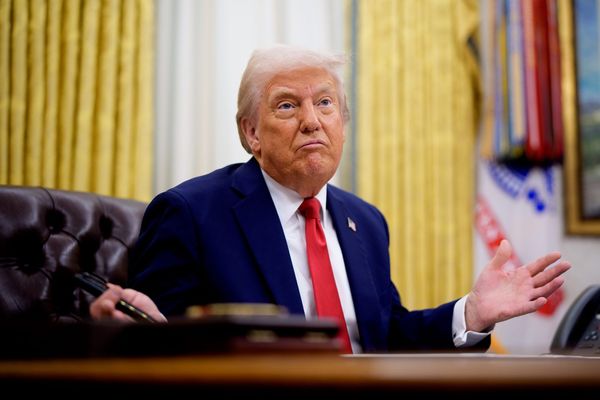
The best social reform starts on the frontline. The news that the National Police Chiefs’ Council has decided to effectively decriminalise cannabis and cocaine in England is, for drugs reformers, sensational. It intends to extend nationwide the warning and treatment schemes that have already been piloted in Durham and Thames Valley. Instead of prosecuting users of hard drugs such as heroin, cocaine and ecstasy, officers will recommend addiction services (dealers, and those who refuse to cooperate, will still be prosecuted). So far, these schemes have been hugely effective in stopping reoffending and saving police time. This move flatly challenges the home secretary, Suella Braverman, who told the recent Tory conference she intended to take a hardline approach to drug offences. The government wants a “three strikes and you’re out” policy that would see drug users banned from driving and losing their passports. This is pure politics, not harm reduction.
In every sense, the “war on drugs” initiated by Edward Heath’s government in the early 1970s has failed. British cannabis consumption is at its highest point since 2007, with one in 12 adults admitting to using the drug. Scotland has the highest rate of deaths from drug use in Europe. Meanwhile, the prosecution of arrested drug offenders is falling due to sheer overstretch. This is legalisation by stealth.
County lines drug distribution now displays Ocado-like efficiency. It is so extensive that the Home Office last spring could boast it had “closed down” 2,500 such lines and arrested 10,000 young people since 2019. Yet by October it had found another 172 lines supposedly in need of “closing down”. The cost of these headline-grabbing operations runs to hundreds of millions of pounds and clearly does little to impede the drug gangs infesting Britain’s inner cities.

The police chiefs declare they will treat drug use as a public health problem. Users will not be tainted with a criminal record if they seek treatment or abstain. The chiefs are backed by the overwhelming weight of those grappling with drug abuse on the frontline. Some 500 health organisations, including the British Medical Association and the Association of Directors of Public Health, wrote last week to Braverman to protest against her intention to “criminalise the young and vulnerable” by “doubling down on a failed model”.
There is much to debate over drug regulation, witness regimes as variable as the Netherlands, Portugal and California and Oregon in the U. All have lessons to teach Britain. All will attest that drug use and abuse will not go away, any more than will alcohol. Most suggest that legalising use while still criminalising supply has problems, as in Oregon’s ostensibly libertarian system.
What is beyond argument is that pretending that a modern state, however authoritarian, can stamp out any or all forms of narcotic consumption is futile. It has failed. It is a dead policy. Law enforcers and public health professionals are shouting from the rooftops. A half-baked Home Office can merely intone, as it has for half a century, that “drugs ruin lives and devastate communities”.
Rishi Sunak should turn the much-predicted brevity of his term of office to advantage. Localism is showing the way. Sunak has nothing to lose by following the police’s lead, by appointing a commission to move Britain from the dark ages to the mainstream of the drugs debate. Yes, in California this can lead to drugs on every street, but they are on every British street, too. The difference is that in the US they are policed and taxed – and their victims are aided, not imprisoned. Sooner or later that must be the way forward. Why not now?
Simon Jenkins is a Guardian columnist







